Amid worsening supply shortages and soaring pump prices, petroleum marketers have begun moves to independently import petrol, as the commodity edges closer to the ₦1,000 per litre mark across major Nigerian cities.
Industry sources blame the latest surge on supply disruptions and production setbacks at the Dangote Petroleum Refinery — once touted as Nigeria’s hope for cheaper, steady fuel supply.
Confirming the development, the National Publicity Secretary of the Independent Petroleum Marketers Association of Nigeria (IPMAN), Chinedu Ukadike, said members of the Depot and Petroleum Products Marketers Association of Nigeria (DAPPMAN) are finalising arrangements to import petrol as part of efforts to stabilise the market.
“Yes, petrol prices will soon come down because some DAPPMAN members have applied to import petrol. If their prices are cheaper than Dangote’s, we’ll buy from them. The market thrives on competition — prices will drop once that happens,” Ukadike told The PUNCH.
Despite earlier projections that petrol would fall to ₦841 per litre following Dangote Refinery’s logistics-free distribution scheme, prices have instead surged nationwide — selling between ₦920 and ₦955 in Lagos, Abuja, and other states, with some outlets charging up to ₦1,000 per litre.
The refinery, which recently suspended gantry loading for private marketers, has been accused of prioritising its own and MRS trucks, worsening scarcity across independent stations.
IPMAN President, Abubakar Shettima, attributed the hike to depot owners exploiting the refinery’s temporary shutdown.
“When Dangote stopped loading, depot owners raised ex-depot prices from ₦830 to ₦890. But once Dangote resumes full operations, prices will ease again,” he explained.
Industry analysts say the refinery’s internal reorganisation, recent layoffs of about 800 workers, and crude supply constraints have deepened the crisis.
PetroleumPrice.ng CEO, Jeremiah Olatide, said the refinery’s reduced output mirrors earlier gas shortages.
“They’re having issues with crude, and the layoffs worsened things. Private depots can’t lift fuel, and some have stopped sales completely,” he said.
In states like Sokoto, Edo, Oyo, and Rivers, petrol now sells for between ₦960 and ₦1,050 per litre, as long queues return to filling stations and transportation costs spike once again.
With inflation already weighing heavily on households, experts warn the ongoing fuel crisis could trigger another wave of price shocks across food, transport, and manufacturing sectors — unless Dangote Refinery restores full operations and supply competition returns.
Efforts to reach the refinery’s spokesperson, Anthony Chiejina, were unsuccessful as calls and messages went unanswered.


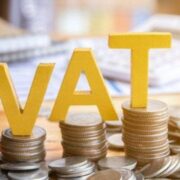

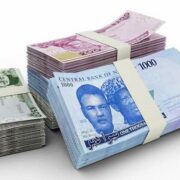
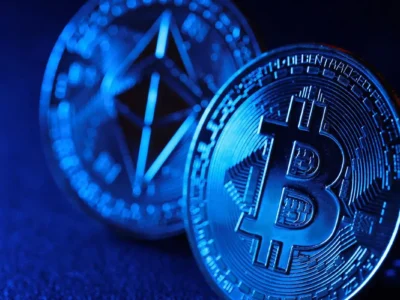
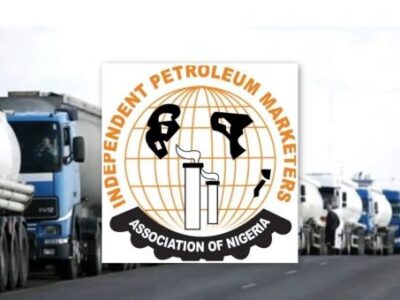
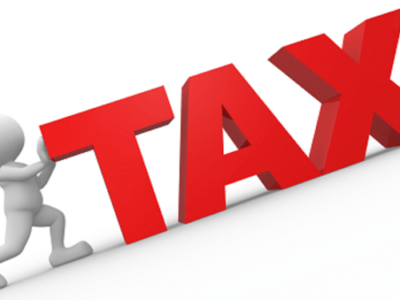
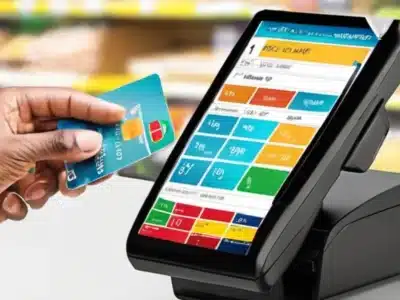













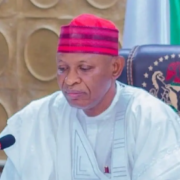
Comments